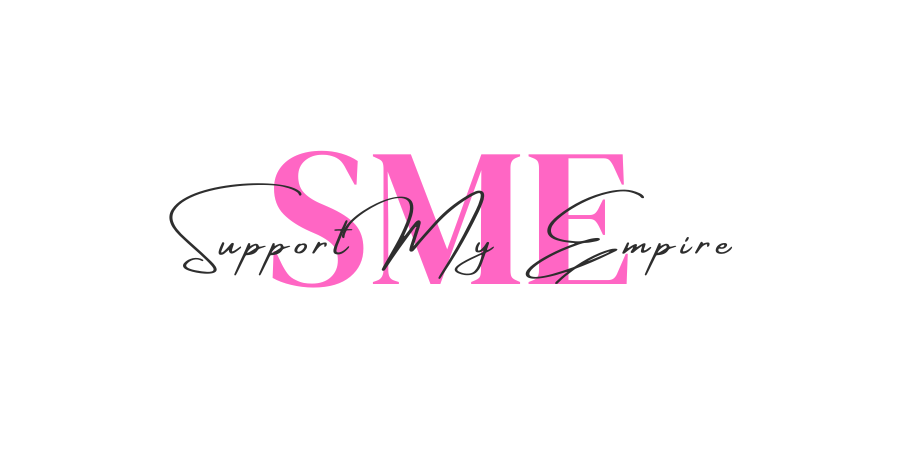Understanding the Difference Between Trademarks and Business Names
When you’re starting a business or launching a new product, you need to consider how you’ll protect your brand identity. This often involves registering both a trademark and a business name. However, it’s crucial to understand that these two terms are not interchangeable; they serve different purposes and offer distinct forms of protection. In this blog, we’ll break down the key differences between trademarks and business names to help you make informed decisions about your brand protection strategy.
1. Legal Status and Purpose
Trademark:
A trademark is a legally registered symbol, name, or logo that represents your products or services. It provides exclusive rights to use and protect your brand identity from infringement. Trademarks can be words, phrases, symbols, or a combination of these elements.
The primary purpose of a trademark is to distinguish your products or services from those of others. It prevents others from using a similar mark that may cause confusion in the marketplace. Trademarks are governed by intellectual property laws and are typically registered with government agencies.
Business Name:
A business name, also known as a trade name or a DBA (Doing Business As) name, is the official name under which your business operates. It does not offer exclusive rights to your brand identity. Registering a business name is often a legal requirement to conduct business within a specific jurisdiction. It identifies your business entity, but it doesn’t necessarily protect your brand from being used by others.
2. Scope of Protection
Trademark:
Trademarks provide broad protection for your brand identity. Once registered, they offer exclusive rights to use the mark for the specific products or services listed in your registration. This means that no one else can use a similar mark for those specific goods or services.
You can register a trademark at the national or international level, which allows you to protect your brand across multiple jurisdictions. This can be especially important if you plan to expand your business globally.
Business Name:
A business name provides limited protection. It only protects the use of that name for business registration purposes within a specific jurisdiction. It does not grant you exclusive rights to the name for your products or services.
While registering a business name is essential for legal compliance, it doesn’t prevent others from using the same or similar name for their businesses, products, or services. If you want broader protection for your brand identity, you would need to register a trademark.
3. Renewal and Duration
Trademark:
Trademarks require regular renewal to maintain protection. Typically, trademark registrations last for a specific period, such as ten years, and can be renewed indefinitely as long as the mark remains in use and is actively defended against infringement.
Business Name:
The renewal requirements for business names can vary by jurisdiction, but they often need to be renewed annually or periodically. Business name renewals are typically simpler and less costly than trademark renewals.
4. Registration Process
Trademark:
Registering a trademark involves a formal process with a government agency responsible for intellectual property, such as the United States Patent and Trademark Office (USPTO) in the United States. The process includes conducting a trademark search, filing an application, and awaiting approval, which can take several months.
Business Name:
Registering a business name typically involves filing with a local or state government agency, such as a secretary of state’s office. The process is generally straightforward and is primarily for the purpose of business identification.
5. Enforcement and Legal Recourse
Trademark:
If someone uses your registered trademark without authorization, you have legal grounds to enforce your rights and seek remedies, such as damages and injunctions, through intellectual property litigation.
Business Name:
If another business uses a similar or identical business name, your legal recourse may be limited. In many cases, you may need to rely on common law rights or demonstrate that the use of the name causes confusion in the marketplace, which can be more challenging to prove than trademark infringement.
While both trademarks and business names are essential elements of brand protection, they serve different purposes and offer varying levels of protection. Trademarks provide more comprehensive protection for your brand identity, granting exclusive rights and allowing for broader enforcement. Business names, on the other hand, primarily serve the purpose of business identification within a specific jurisdiction. Understanding these differences is crucial when considering how to protect and manage your brand identity effectively. It’s often advisable to seek legal guidance to ensure you choose the right combination of protections for your business’s unique needs and goals.
For more information about registering a trade mark service, contact Support My Empire – admin@supportmyempire.com or visit our trademark registration.



2 comments
[…] FacebookTwitterPinterestRedditEmail previous […]
[…] Difference Between Trade Marks and Business Names […]
Comments are closed.